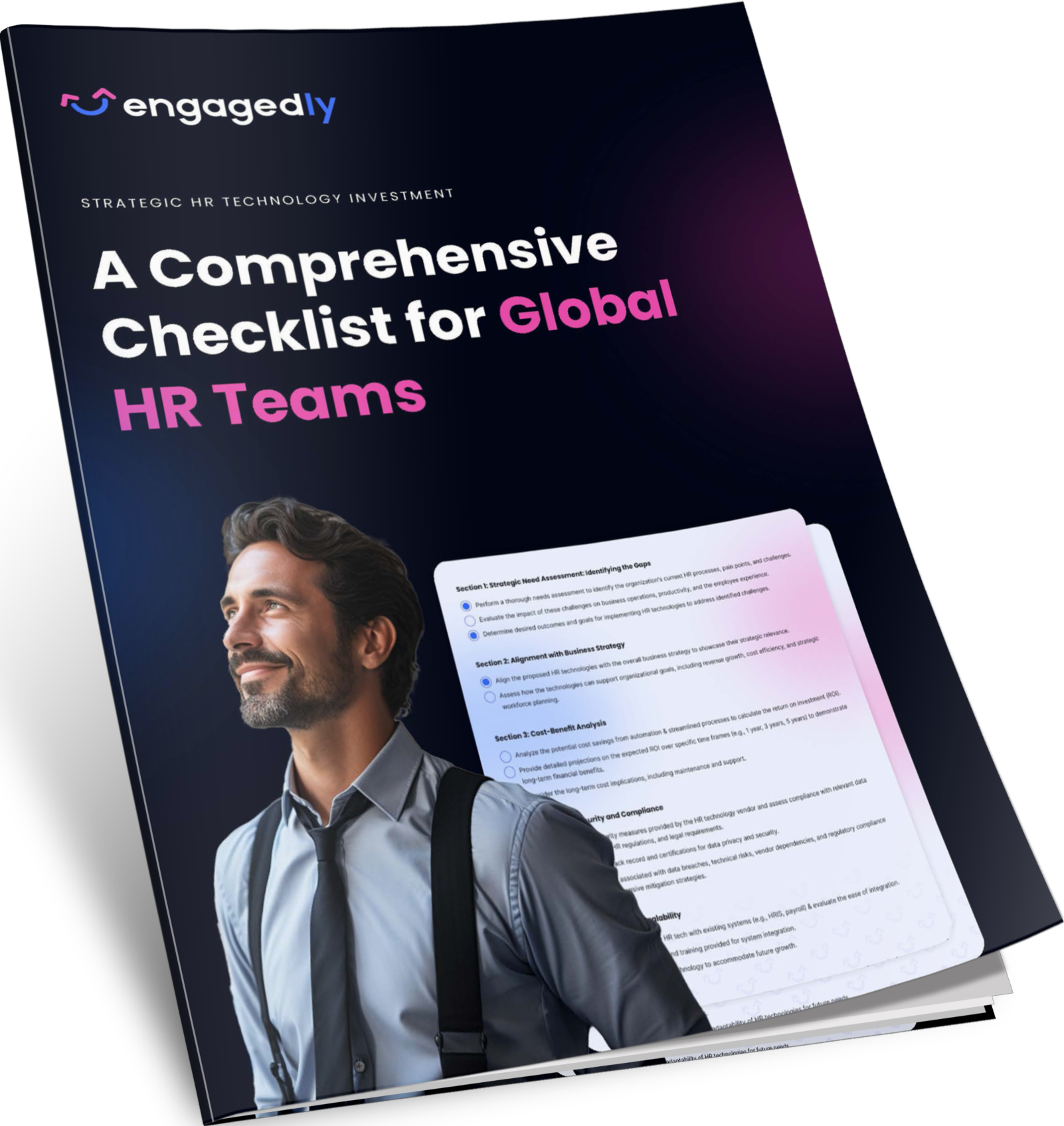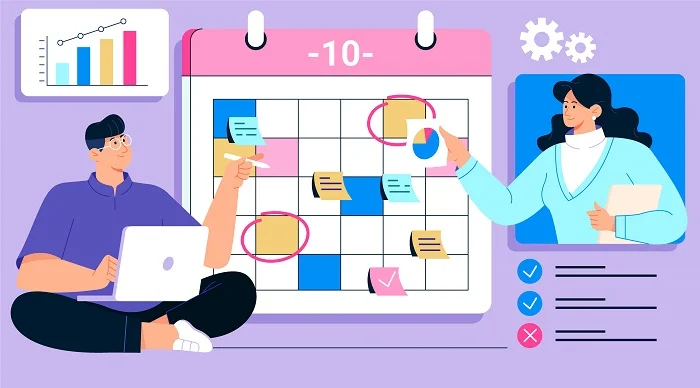Performance Appraisal is one of the most important process in an organization, especially for the employees. But often, employees feel unsatisfied and harbour a bitter feeling towards the managers and the organization once the process is over. It happens because of some of the common mistakes which the managers make in conducting the process.
Here are some tips to help you measure your employee’s performance better.
Halo Effect
When a real time performance management software is not in place to conduct continuous performance evaluations, managers tend to have a clouded judgement because of recency bias. They tend to forget past work and achievements of employees and conduct the performance appraisal based on just their recent work.
A manager should do their background work on knowing about the tasks and achievements of the employee, or have a real time performance management system in place to keep a track of it.
Make It Regular
Often managers commit the mistake of holding their reviews and feedback until it’s time for annual performance appraisal. They fail to realize what impact an instant and continuous feedback process can have on their employees. As a result, the employees are not sure when they are working in the wrong direction or right.
The managers believe that performance appraisal is the right time to provide feedback to their employees. But as performance appraisals happen half-yearly or annually in most companies, it becomes too late to receive feedback for some work which was done at the beginning of the year. Using a real time performance management software would solve the problem easily. Their progress can be easily tracked and reviewed, and it will not be a surprise for them at the time of appraisal.
Absence Of An Action Plan
Often managers and employees leave out one key component from the performance appraisal… discussion about future plans. A manager’s job involves not only assessing the employee at present but also guiding them in achieving personal and career goals of the future. This helps in an easy career transition of an employee. They can easily switch roles, and also change projects as per their plans.
Not Recognizing Achievements
In a recent survey conducted by Bureau of Labor Statistics, they found that 25% of employees leave organization due to lack of recognition.
If your organization is not practicing a continuous feedback approach to recognize your employees, then performance appraisals are just the perfect time to do so. Instead of focusing too much on negatives and criticisms, appreciate your employees for their accomplishments and strengths. This type of constructive feedback will not only improve their productivity at work, but will also improve their engagement.
Using Engagedly’s Real Time Performance Management Software you can publicly praise your employees and also award points for accomplishments. The praises and rewards will be visible to everyone in the organization.
Delaying The Process
Many organizations tend to postpone or altogether cancel the performance appraisal process. They are not the only yardstick to measure employee performance, but employee promotions and salaries surely depend on it. To delay or postpone them creates a bad impression of the manager or the organization on the employees. Employees might feel that they are not given enough importance, and all the organization cares about is work. If managers are not getting an ample amount of time to conduct a yearly performance review, they can opt for continuous feedback or quarterly reviews.
Failing To Set SMART Goals
As a manager, performance appraisal is the correct time to set SMART goals for your employees based on past goals and objectives. Give them an outline of what is expected from them in the next performance cycle. The acronym SMART stands for:
- Specific–Goals should not be vague, or else they are bound to fail soon
- Measurable–An ideal goal should be measurable so that the progress and completion can be tracked. Measurable goals help us define its success
- Achievable–Any goal should be achievable; they shouldn’t be too difficult or easy
- Relevant–Goals should be relevant
- Timely–Goals should specify the time during which it is to be completed
An ideal example of a SMART goal for an IT project would be to complete 60% UI/UX (Specific, Measurable, and Achievable) designing of the website in two months (Relevant and Timely). The goal should not be rigid and should be flexible to changes.
No Follow Up
A perfect performance appraisal, SMART goals, timely rewards, and recognition; all of these would be of no use if there is no follow up from your end. Check with your employees from time to time if the project is on track and development plans are met and milestones achieved. If there is no proper follow-up, employees often fall through the gap and lose their motivation, which ultimately affects productivity.
Implement real time performance management software at your organization to conduct your performance appraisal with ease. It will not only help you to track your employee’s progress and goals easily, but also provide continuous feedback to them, which will keep them engaged and motivated at their work.
Want to know how Engagedly can help you manage your employee’s performance better? Then request for a live demo.
Request A Demo
Author
Srikant Chellappa
CEO & Co-Founder of Engagedly
Srikant Chellappa is the Co-Founder and CEO at Engagedly and is a passionate entrepreneur and people leader. He is an author, producer/director of 6 feature films, a music album with his band Manchester Underground, and is the host of The People Strategy Leaders Podcast. He is currently working on his next book, Ikigai at the Workplace, which is slated for release in the fall of 2024.





